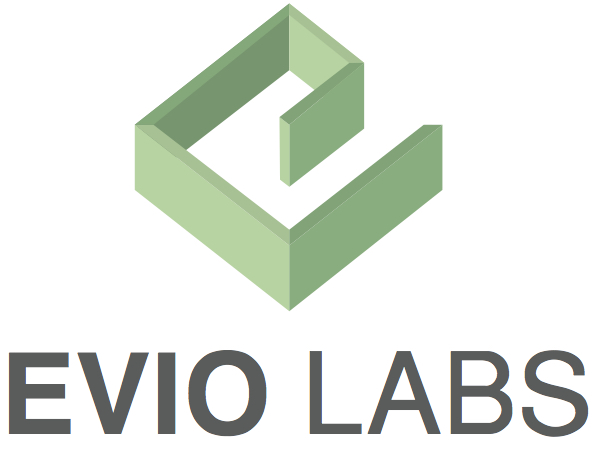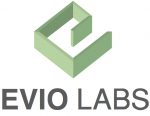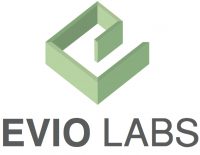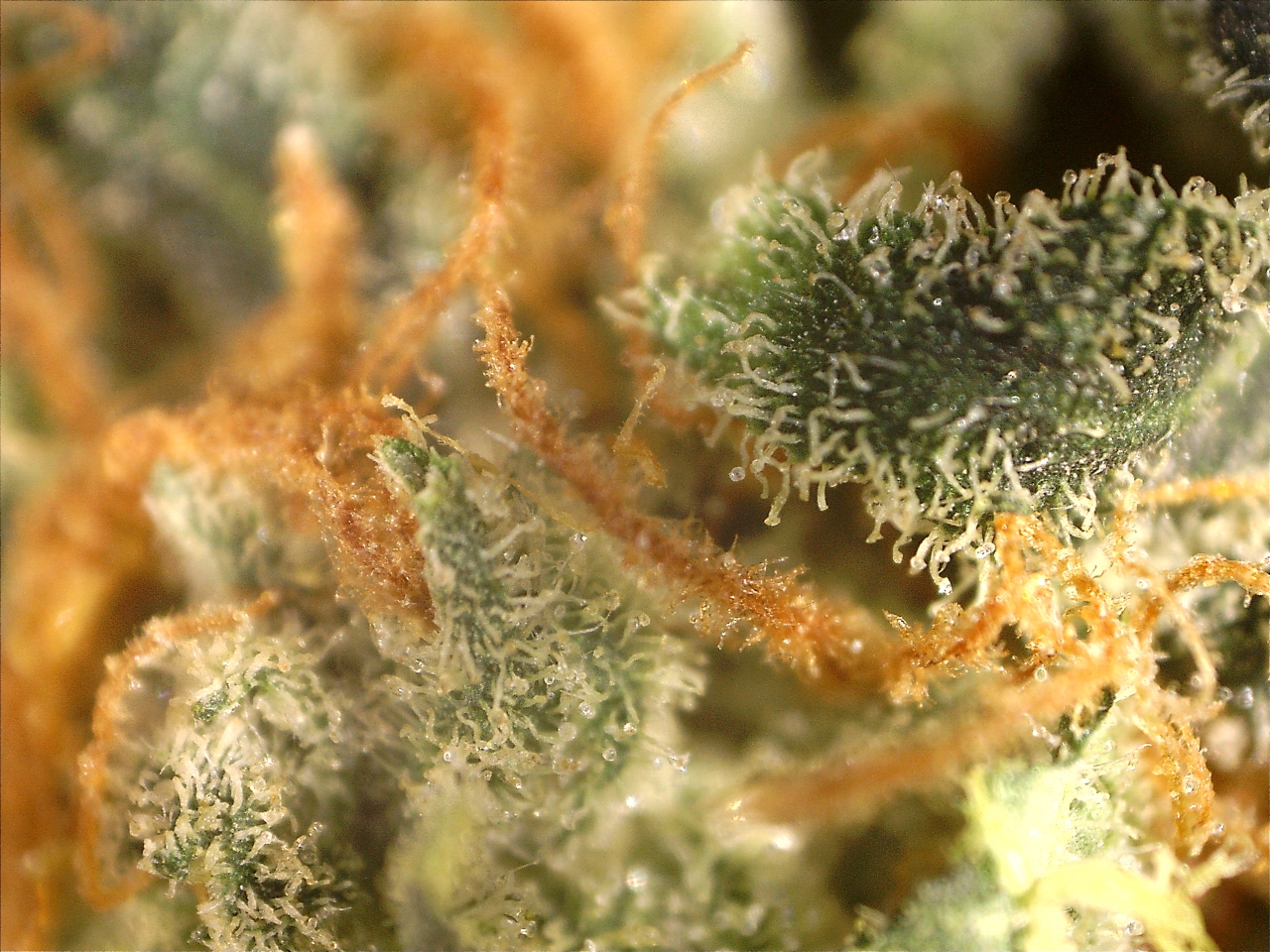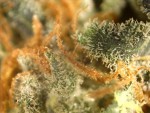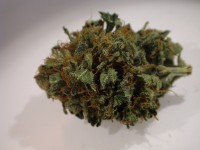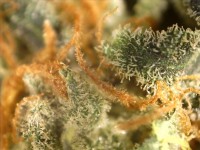Someone approached me the other day, wanting to know what was the real story about hemp and CBD.
He said he had “a guy” who gave him a CBD salve as part of a study, supposedly “the good stuff,” to help his knee. He couldn’t understand why he was the only one out of 20 people in the group that felt no relief. He happened to have this CBD salve with him, along with a second brand that he hadn’t yet tried. The “good stuff” had slick, colorful packaging, a beautiful logo and powerful marketing messages about the phytocannabinoids and essential oils in the jar. The other CBD product was in a dull grey tin, an ugly duckling, and not nearly so impressive on the outside- I’ll call it “Homer’s Brew.” My friend dismissed Homer’s Brew outright, as not even worth trying. I told him that not all CBD products are created equal, that you can’t always believe the claims on the package, including the cannabinoid potency displayed on the label.

I told him to search for the Certificate of Analysis (COA) for each of the two products, specifically, lab test results validating the CBD dosage per serving, and also the breakdown of pesticides, heavy metals and microbials. He had to do a little digging and emailing, as it wasn’t readily available for either company, but the next day, results were in. The “good stuff” with the slick packaging and bold claims had mere trace amounts of CBD, with some hemp and essential oils- no tests for pesticides or contaminants of any kind. Hmmm, no wonder he was disappointed. Homer’s Brew’s COA came in with flying colors – a reputable lab had confirmed safe levels of pesticides, pathogens and heavy metals, and the CBD level was substantial, with a detailed cannabinoid breakdown in the lab report.
In spite of the varying legality of hemp-derived CBD products from one state to the next, consumers are gobbling up costly CBD salves, tinctures and edibles in markets, gyms and online. Like moths to a flame, they are pulled in by the CBD name and lofty promises, not always understanding what they are getting for their money. They trust that these products are safe, licensed, inspected and regulated by some agency, otherwise, “they wouldn’t be on the shelves, would they?”
 In spite of the 2018 Farm Bill, FDA still has not recognized the legality of products containing hemp-derived CBD, but some states have gone ahead and given them a green light anyway- check with your own jurisdiction to be sure. In the meantime, hemp-derived CBD products are slipping through the regulatory cracks, depending on the state. It is confusing, for sure, and buyer beware.
In spite of the 2018 Farm Bill, FDA still has not recognized the legality of products containing hemp-derived CBD, but some states have gone ahead and given them a green light anyway- check with your own jurisdiction to be sure. In the meantime, hemp-derived CBD products are slipping through the regulatory cracks, depending on the state. It is confusing, for sure, and buyer beware.
Separate yourself from the pack of snake-oil salesmen. Test your products for safety and accurate cannabinoid potency, and make a Certificate of Analysis readily available to your customers. Boldly portray your transparency and belief in the quality of your products through this COA.
Providing this information to consumers is the best path to success- safe, satisfied customers who will refer to their friends and family, and most likely come back for more of your “good stuff.”



